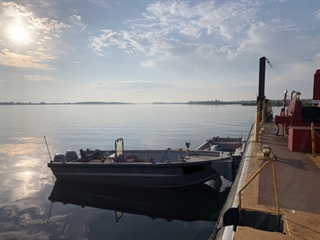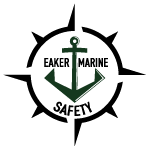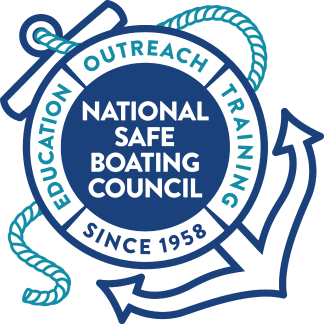Training

- Properly equipped.
- Water rescue.
- Fire drill, MOB, vessel evacuation.
- Small boat operation.
- First aid.
Cooperative training with local EMS or client. This shows company's commitment to teamwork and education of all who may be involved in an emergency.
Maritime industry companies are challenged with abiding by Federally mandated rules, we can assist with compliance:
Applicable Rule - Drills
Per Federal code 46 CFR 28.270 (b):
(b) Participation in drills. Drills must be conducted on board the vessel as if there were an actual emergency and must include participation by all individuals on board, breaking out and using emergency equipment, testing of all alarm and detection systems, donning protective clothing, and donning immersion suits, if the vessel is so equipped.
EM 385-1
19.F.05 All motorboat operators shall complete and document the following training:
a. A boating safety course meeting the criteria of the USCG Auxiliary, National Association of
Safe Boating Law Administrators (NASBLA), or equivalent;
b. Motorboat handling training, based on the type of boats they will operate, provided by qualified
instructors (in-house or other). Operators must pass a written and operational test.
Small boat operational training, in close quarters, and open water.
Close Quarters Boat Control
This course is taught by instructors nationally certified through the National Safe Boating Council. The course is intended to train a boat operator to control a boat in tight spaces and close quarters, and includes both classroom and hands-on instruction. The instructor provides classroom and hands-on training on the water.
Skills taught in Close Quarters Control Basic Course include:
- Predeparture checklist and safety briefing.
- Proper tying and untying of boat lines.
- Safely departing from and returng to a dock.
- Steering and shifting smoothly.
- Standard stopping of a boat.
- Urgent stopping of a boat.
- Turning 180 degrees in close quarters.
- Properly securing the boat at the end of the day.
Every student will operate the boat under each of these skills.
Students who successfully pass this course wil receive a certificate of completion for Essentials of Close Quarters Boat Control.
Open Water Boat Control
This course is taught by instructors nationally certified through the National Safe Boating Council. This course is intended to build on skills learned in "Essentials of Close Quarters Boat Control". The student will learn more advanced boating skills, and develop confidence operating on the open water.
Skills taught in Open Water Boat Control Course include:
- Managing boat performance, transitioning from displacement to planing mode, then back to displacement mode.
- Operation of boat and motor trims, cause and effect.
- Gradual turn while on the plane.
- Sharp turns while plaining.
- Avoidance and emergency turns while on the plane.
- Stopping under control coasting.
- Maintaining control during an urgent stop.
- Crossing wakes and waves.
- Boat handling in windy conditions, including:
- Holding station.
- Weather vane effect.
- Ferrying in the wind.
- Boat handling in water currents, including:
- Holding station, using boaters' eye.
- Ferrying angle in current.
- Heavy weather operation.
- Retrieving a person from overboard.
Students who successfully pass this course wil receive a certificate of completion for Open Water Boat Control.
Certificates are nationally recognized in all 50 states, but do not replace individual states' online boaters safety courses.


